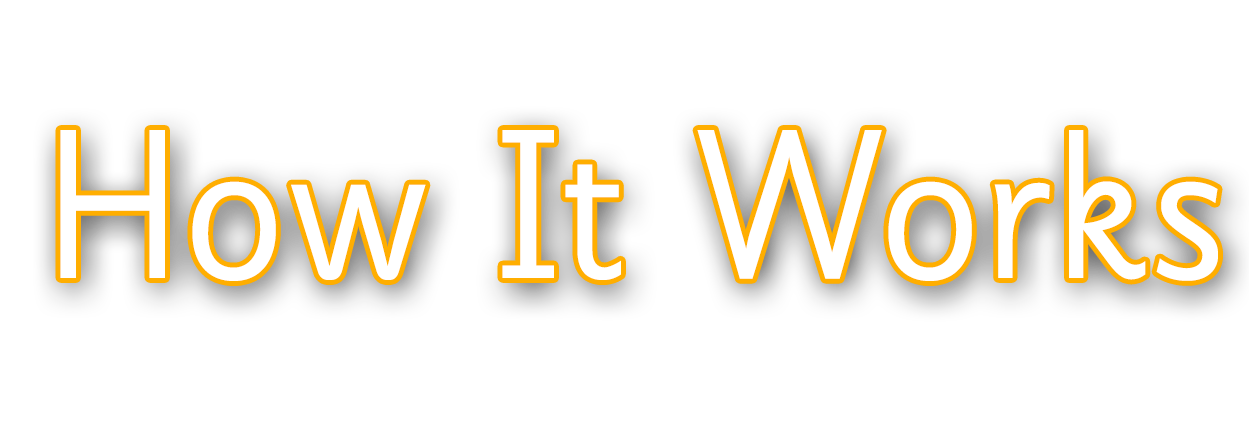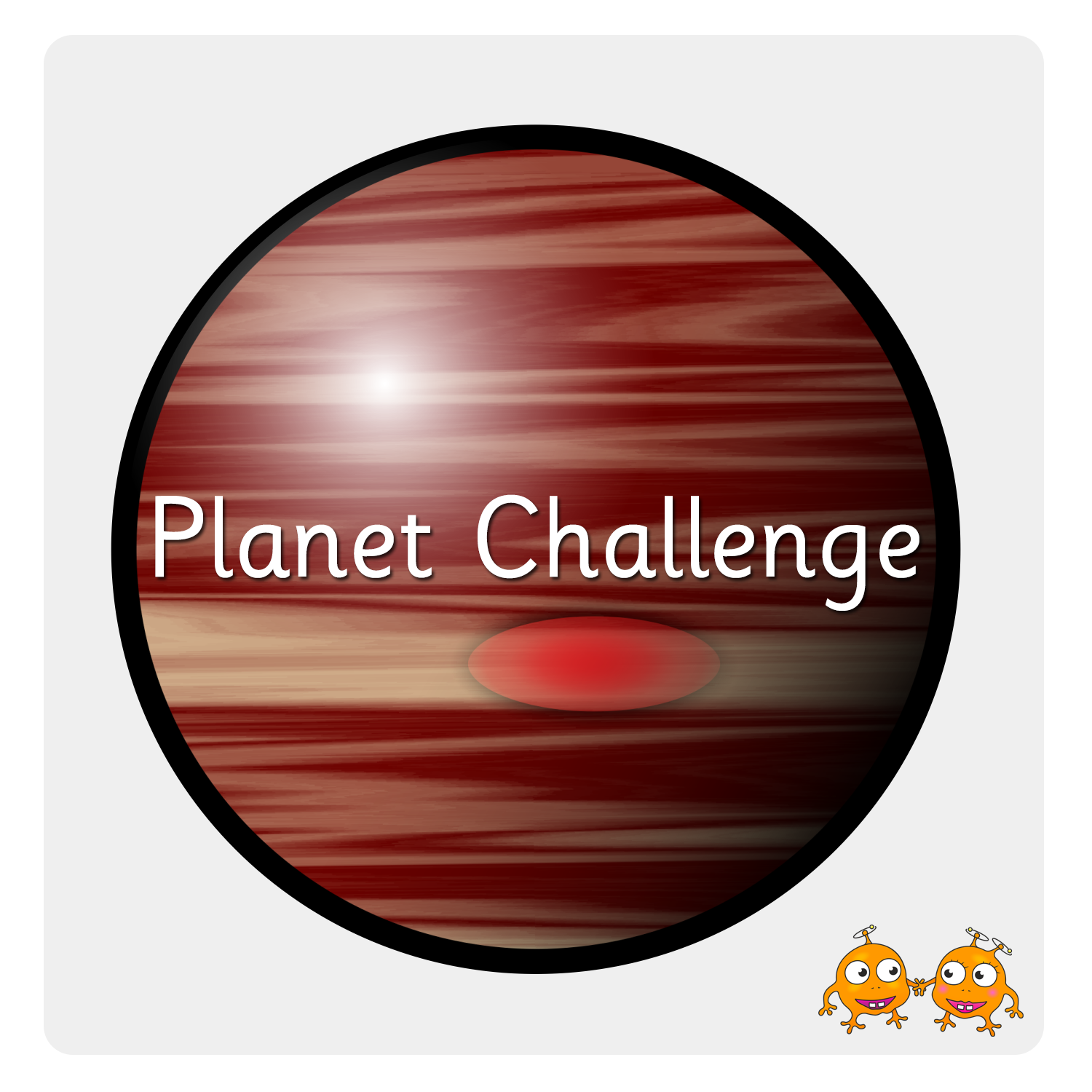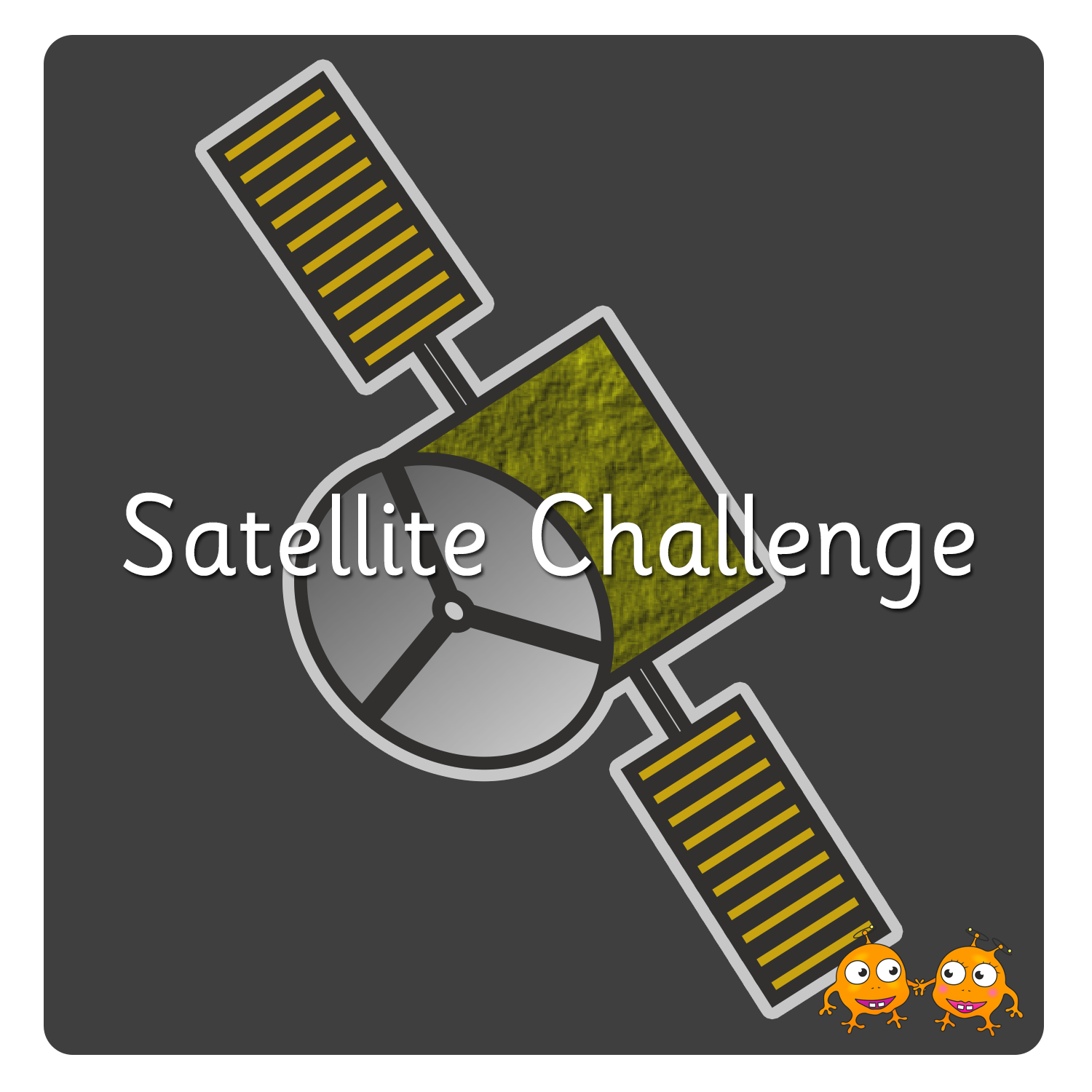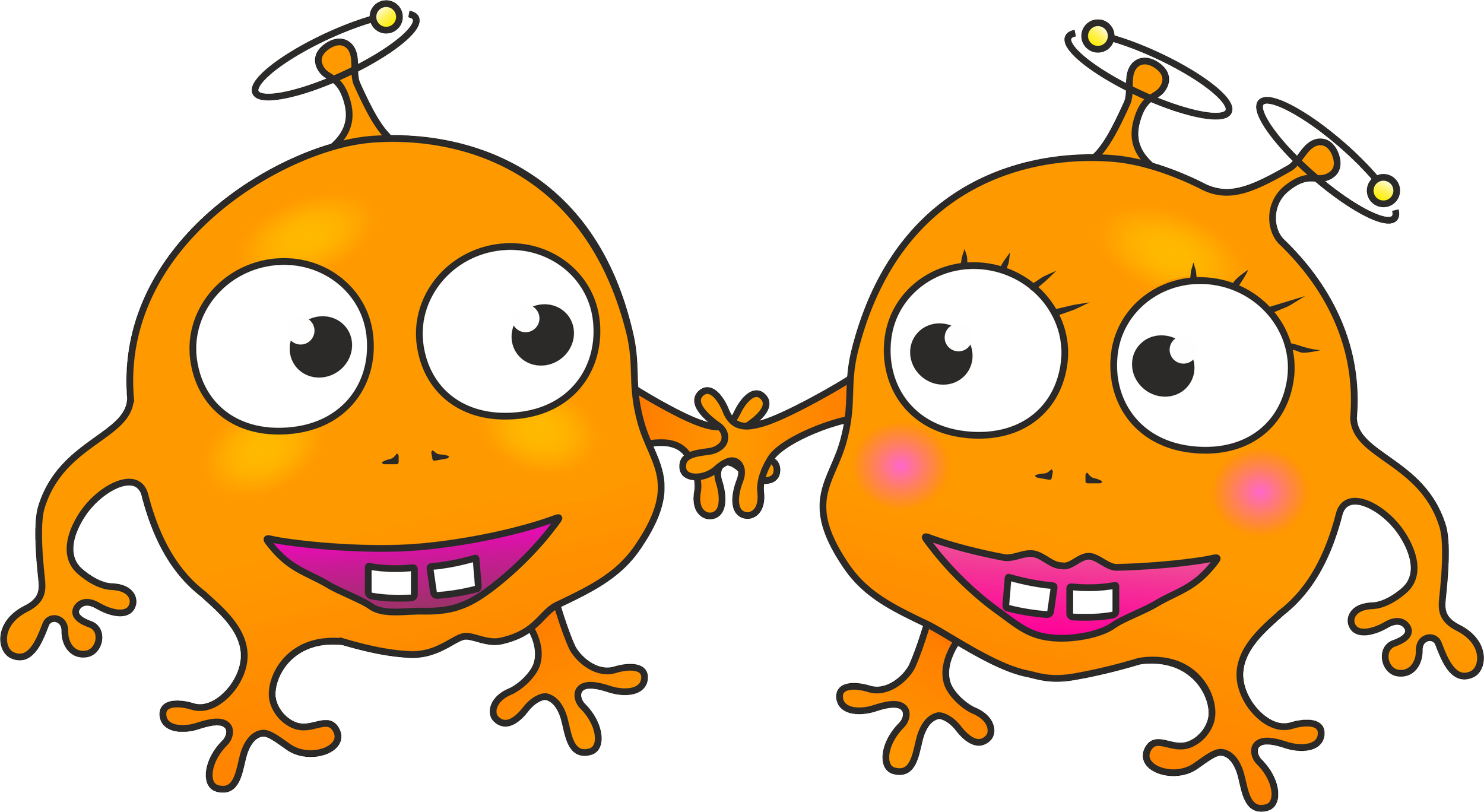
Scroll below to explore how the Pip and Pap Phonics Programme works for Practitioners.
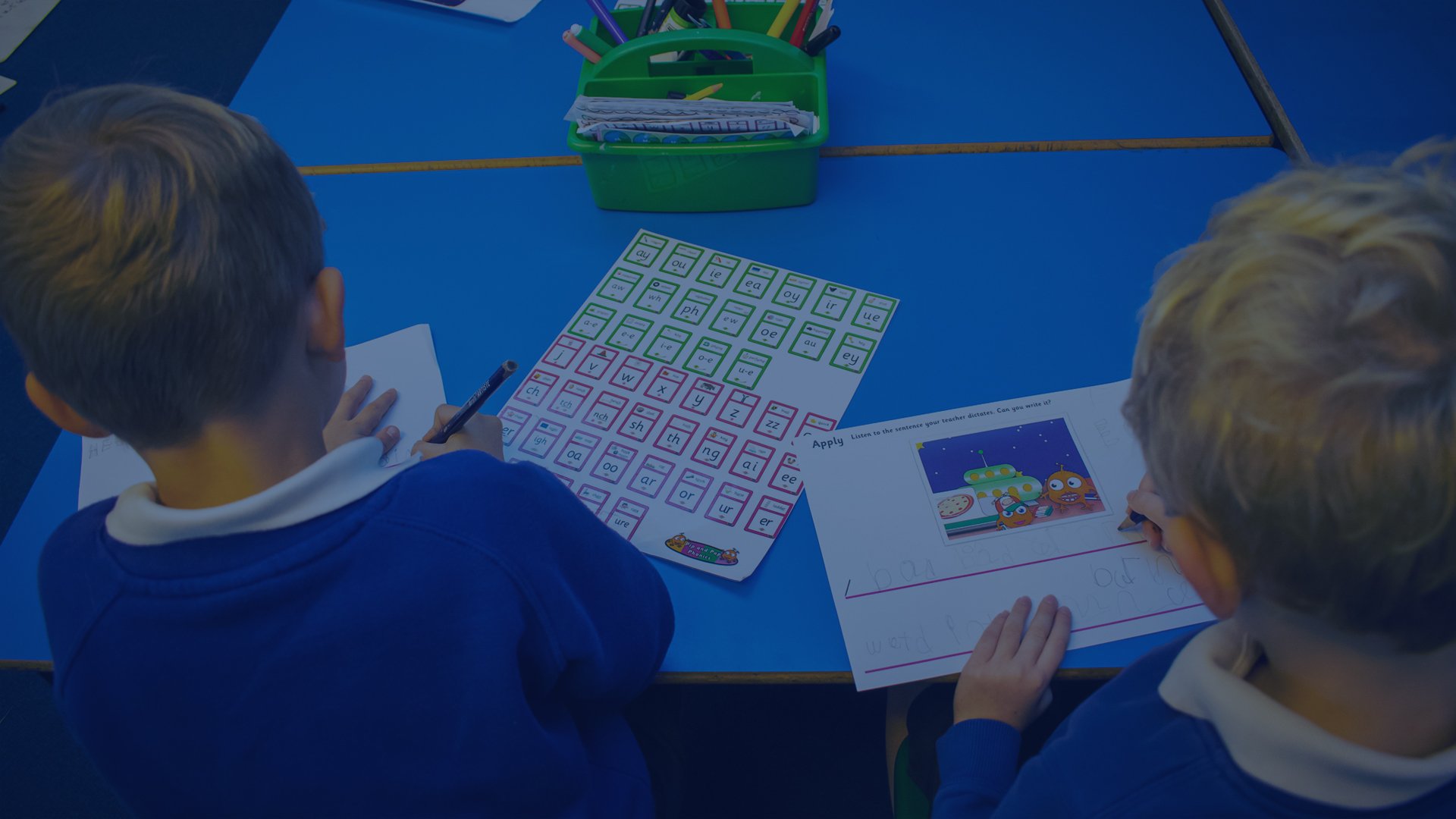
Pip and Pap Phonics has a daily resource booklet for whole class/small group teaching (known as Planet Challenges) as well as a wealth of supplementary ‘keep up’ resources that can be used to support individuals at risk of falling behind (known as Satellite Challenges.)
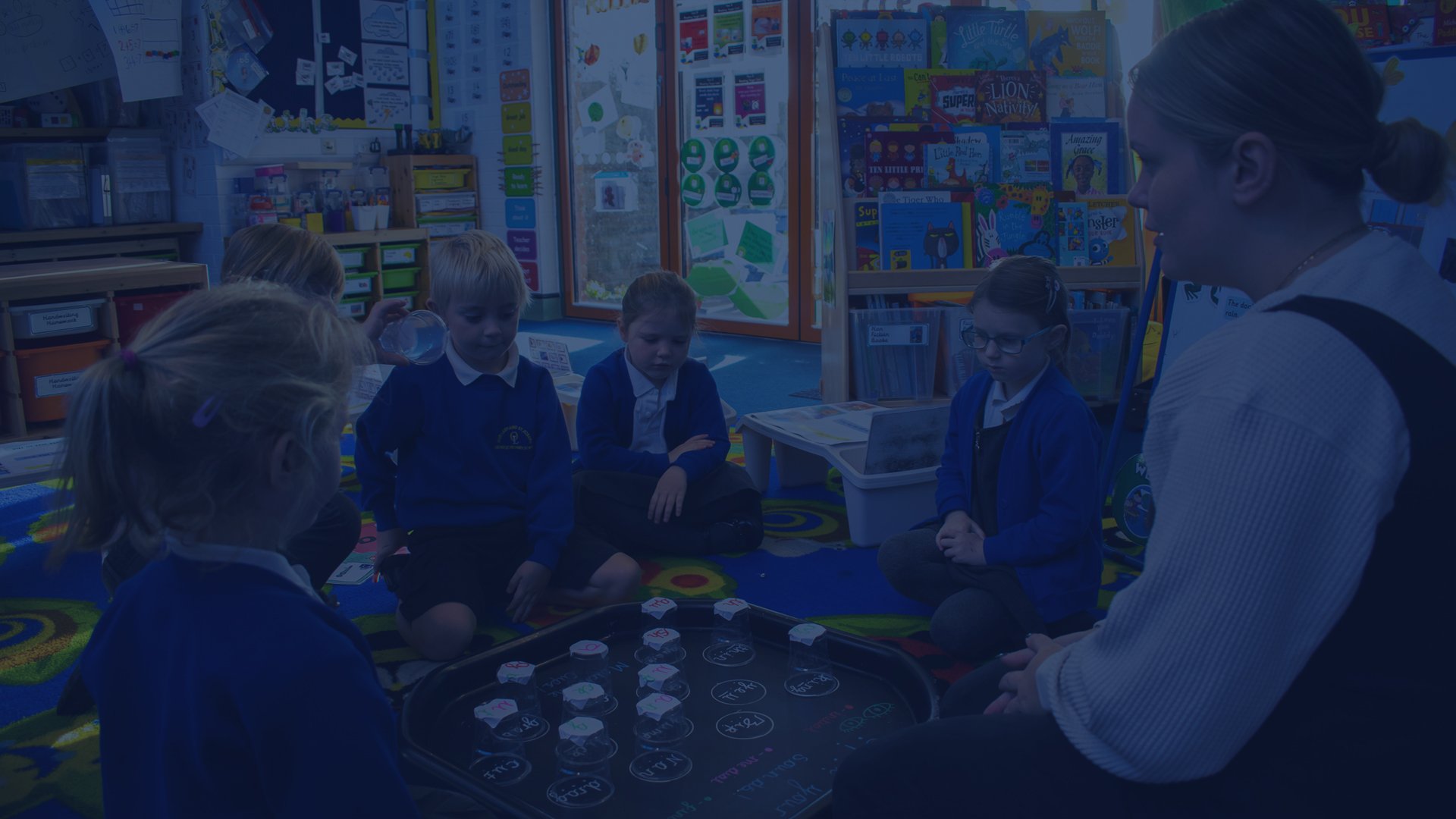
Daily “Planet Challenges” are designed to be delivered as whole class sessions or small groups.
There is a booklet for each Grapheme-Phoneme Correspondence (GPC), across each Phase.
Each Planet Challenge Activity Booklet is split into four parts:
Revisit and Review- recap of previous learning
Teach- introduction to a new GPC
Practise- a scaffolded reading or writing opportunity around the new GPC
Apply- opportunity to independently apply learning around the new GPC (reading and writing based)
Delivery of each ‘Planet Challenge’ session is designed to run for approximately thirty minutes, however can be adjusted or extended depending on the size and ability of the group.
Within each Planet Challenge Booklet, there are extension activities for learners who may require extra challenge. This may be pupils working beyond the Expected level within EYFS and KS1, or for pupils within KS2 working on the programme. Specially designed activities are included within Planet Challenges for these groups – known as “Pip’s Challenge” or “Pap’s Challenge”.
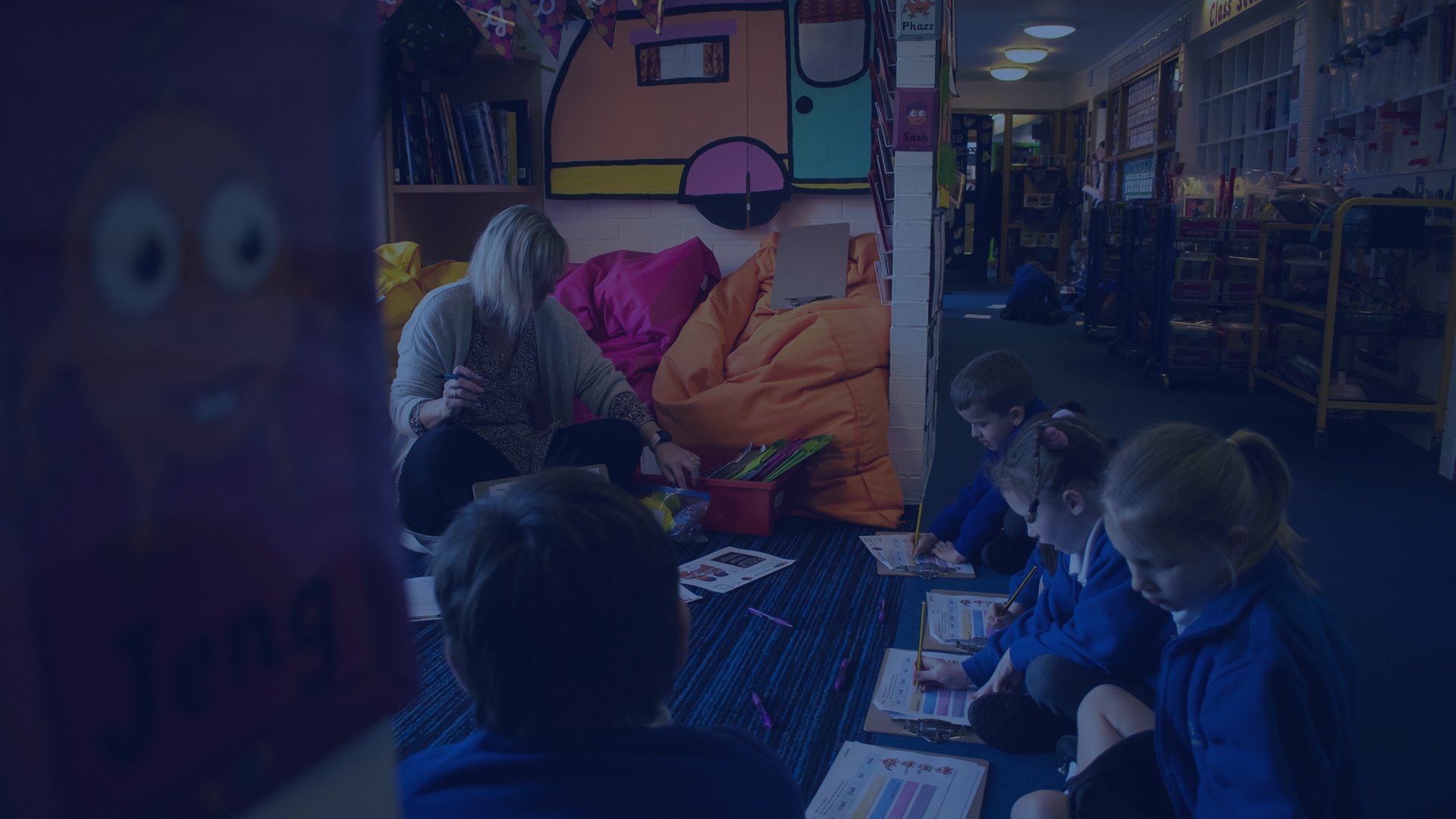
Satellite Challenges are designed to support the lowest 20% of children to ‘keep up’, rather than ‘catch up’ with their peers and keep pace with the programme. These sessions are designed to be delivered 1 on 1 or in small groups, by a practitioner, after the main Planet Challenge (above) has been delivered.
Although Supplementary Satellite Challenges have primarily been designed with the lowest 20% of children in mind, there is no reason that these resources cannot be used with all children – either as extension or consolidation activities, activities to be completed in child initiated time, as homework or as extra target practise material.
Each plan has a range of accompanying resources to support each child, including handwriting and letter formation worksheets.
There are a range of Satellite Challenges to match each GPC, including activities to support blending, segmenting, handwriting and letter formation and speaking and listening. Many of these activities are kinesthetic and game based in nature.

All Planet Challenge Resources and Satellite Challenge Resources are included in our Core Package.
Additionally, we have a full range of 119 decodable books that complement the Pip and Pap Phonics Programme.
To see more sample resources, simply click here.

